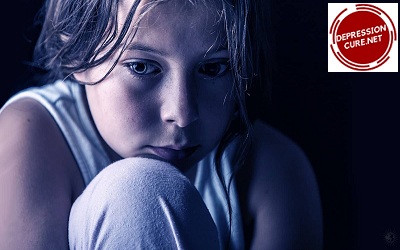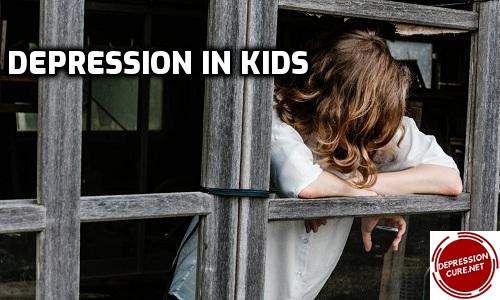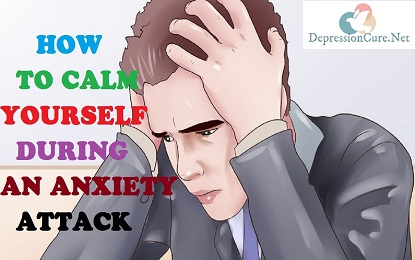Introduction
We all know that kids can catch infectious childhood illnesses from each other but who would have thought that depression in kids could be passed on?
Many studies have already revealed that peer group pressure can influence children and that if a child is particularly disruptive, he or she can influence other children. Still, now a recent study has found that depression and anxiety can be contagious too.
Rebecca Schwartz-Mette ran the study at the Department of Psychological Sciences at the University of Missouri. A total of 274 same-sex friendship pairs were involved in the study, which took place over six months.
There were two separate age groups, younger children from Grades 3 and 5, and adolescents from grades 7 and 9. The kids completed measures of depressive and anxiety symptoms, co-rumination, and self-disclosure.
The researchers found that depression was contagious amongst them all, and anxiety was contagious amongst girls and older boys.
Co-rumination a major factor
Further analysis of the data identified that co-rumination had a significant influence on the deadly effect. Rumination means to chew something over for an extended period, so co-rumination means discussing negative or depressive feelings in-depth with someone else.
The results suggest that over time, children who are exposed to persistent rumination somehow internalize these feelings.
These findings highlight a previously unstudied risk factor for the development of internalizing symptoms in childhood, said Schwartz-Mette.
Most important, a mechanism that helped to account for depression and contagion was identified.
Click Here To Read: Depression in Children Symptoms, Risk Factors, Treatment and Facts
Irrelevant Home Environment

What this suggests is that regardless of a child’s home environment and whether it’s a stable and happy one or not, if they are continually analyzing and discussing negative feelings, anxieties, and emotions with their friends, their mental health may suffer as a result.
It is usual for children to have fears, worries, and anxieties at certain times; however, when these symptoms become so severe that it is distressing enough to affect a child’s daily life, then it’s time to seek help.
For example, if a child is so anxious that they are terrified to go out, fall asleep, or be on their own, or if they become excessively clingy and tearful and there is no apparent reason for this, then it may be an idea to seek professional help.
Anxiety and Depression in Kids

According to the Royal College of Psychiatrists, around 3,000 youngsters are suffering from an anxiety disorder in the UK alone. However, this isn?t the whole picture as there are many more that say nothing and suffer in silence.
Anxiety disorders are the most common mental health problem to affect children. There are several different types of anxiety disorders, and these are:
General Anxiety Disorder constant worry about anything and everything not specific to one thing
Separation Anxiety Disorder anxiety related to being away from home or separate from parents or loved ones
Obsessive-Compulsive Disorder obsessive thoughts which may result in irrational, compulsive rituals to deal with these thoughts, for example, obsessing about cleanliness and regularly hand washing
Social Phobia intense fear of social situations, speaking in front of other people, participating in group events, etc.,
Panic Disorder recurring panic attacks

Post Traumatic Stress Disorder (PTSD) symptoms such as flashbacks, nightmares, avoidance techniques that can develop some time after an intensely traumatic event was experienced or witnessed. (depression in kids)
Click Here To Read: Father’s Influences on Children Mental Health
Depression can affect any person at any age, including children. It’s shocking that as recent as thirty years ago, many mental health professionals believed that children were not able to suffer from depression because it was thought they were not emotionally mature enough to feel hopeless. We now know this is not true.
There is no single reason why anxiety and depression affect one child and not another, but there are some pointers. For example, youngsters who are less confident socially may worry more.
Children who have experienced a traumatic event or situation may feel more anxious. If a child is having difficulty at school or is being bullied, they may feel isolated and depressed. (depression in kids)
Most children cope very well with their fears and anxieties, but for some, the feelings can become disabling and, if not dealt with, may persist into adulthood.
Also, an anxious child is more likely to become depressed, and a child who is already suffering from depression is more likely to suffer from anxiety too.
Childhood is supposed to be a happy time, but unfortunately, this is not always the case. However, help is available if a child is suffering from depression or anxiety, and it doesn?t necessarily mean taking prescription drugs.
Talking Therapies are proving to be highly effective as they help a child make positive changes to the way they think and view a situation, which in turn helps them to cope with their fears and anxieties.
Note: Depression Cure does not provide any type of medical advice, diagnosis, or treatment.





